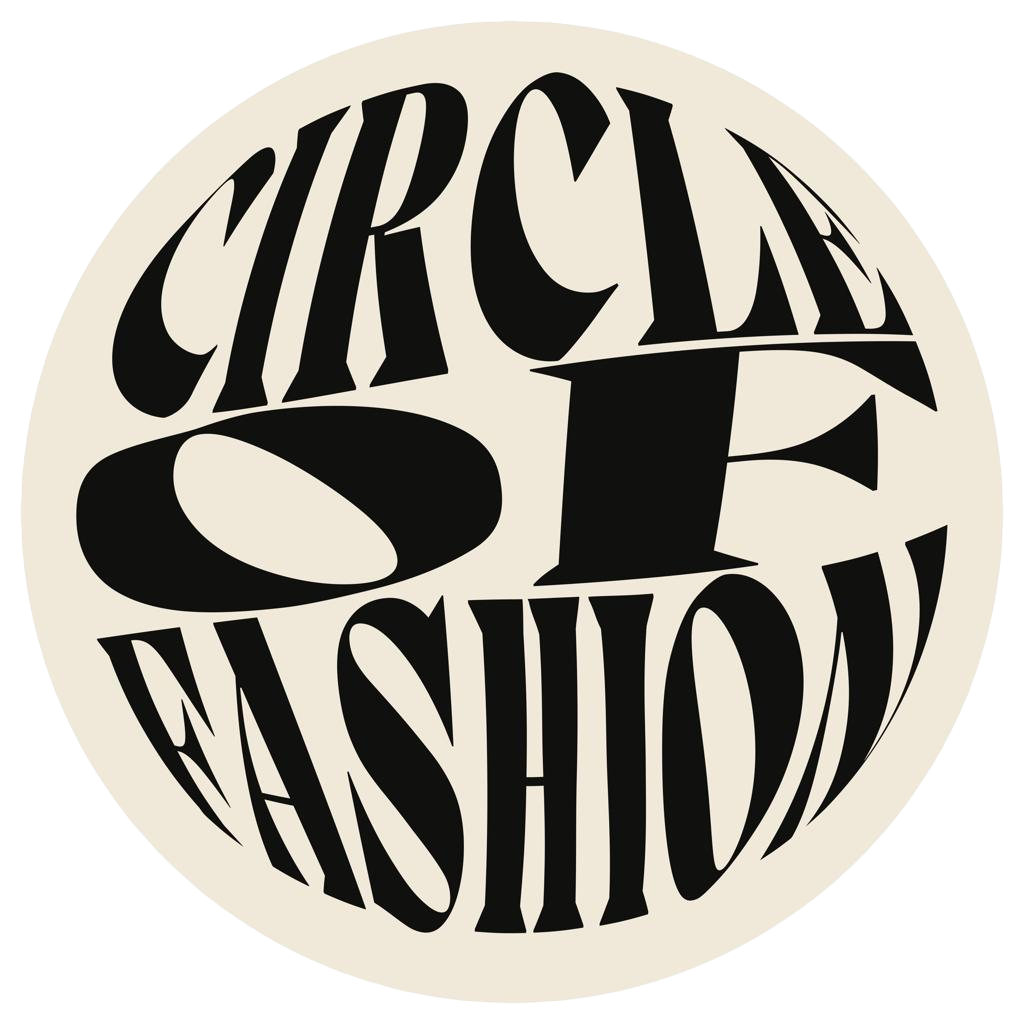Lucy Kaskie
As the northern hemisphere slowly transitions into a world of falling leaves and rainy afternoons, from its chilly depths emerges an intense craving for Sundays curled up on the couch. A hot bath doused in essential oils, spiced scented candles lit— Swath in your bathrobe, wrap a warm towel around your head, and sip from a steaming cup of tea. It’s self-care season.

And while midterms run rampant here at McGill, it’s essential to pause for a moment and indulge in the things you want to be doing. To maintain a healthy relationship with yourself. To take care of your well-being.
Now is the perfect time to indulge, and Montreal lifestyle brand Tissu Quotidien believes in just that. Amidst the buzzing rush of daily life, founder Natasha Nickels maintains that self-care doesn’t have to feel like a chore. She claims it’s self indulgence, which is neither boring nor requires copious amounts of inner work. It can be as simple as throwing on Tissu Quotidien’s ‘martini’ wrap set, or ‘serenity’ robe, or ‘ritual’ headband.
Founded in the midst of quarantine, Tissu Quotidien materialized from what seemed like the end of the world. COVID-19 resulted in over six million deaths and devastatingly impacted billions, yet the privilege to stay at home was an essential responsibility in protecting oneself and one’s neighbors. Nickels wanted to bring a sense of comfort to this immense responsibility and spun Tissu Quotidien from the world’s newfound, vast quietness.

A self-proclaimed homebody, Nickels created products for around the house. Ranging from loungewear to swimwear, to bathrobes, to cases and totes. Nickels craved comfort in this time of uncertainty and found it in the minimal and clean.
French for ‘common cloth’, Tissu Quotidien’s lineup invariably consists of terry cloth material. With European roots dating back to the mid-19th century, terry cloth was first produced in France with silk. It was later popularized in England due to the mass-production of cotton and the industrialization of knitting machines.

The textile is contrived from continuously looping cotton around a loom, weaving high absorbency into its fibers. Because of this feature, terry cloth allows for extensive amounts of repeated usage.
Nickels excitedly states, “Wash it forever, and it’ll come out even more plush and fluffy than before. It’s butter soft.” Since the material can be used indefinitely, terry cloth is highly sustainable. Inspired by such a regenerative textile, Nickels strives to reflect terry cloth’s environmental consciousness throughout the brand’s production.
With designs drawn by hand, and physical samples that reflect the final product’s exact measurements, Tissu Quotidien aims for Nickels’ minimal and clean comfort throughout its manufacturing. While all of its products were once affordably produced in China, Tissu Quotidien now hand-makes more than half of its products in Portugal and Turkey with outsourced, fair-trade cotton.
“We’re trying as best we can,” Nickels claims. “We’re not perfect. We’re a small business trying to make a living, but people don’t want to pay for organic cotton from Quebec. People don’t want to pay for everything to be made here. Simply put, people don’t want to pay $200 for a makeup bag.”
And Nickels is right. With the ubiquitous, growing presence of climate change, consumers have turned to small brands in hopes of fostering more sustainable practices; the 2010s being the hottest decade recorded in history. The modern climate movement – consisting of Greta Thunberg’s Fridays for Futures, the 2015 Paris Agreement, climate marches, youth initiatives, and everything in between– calls for the end of fossil fuels and support for large companies that facilitate climate denial. Yet most consumers are unable to pay the price it takes to shop sustainably. Living in a modern economy amidst the pandemic’s lasting effect of high inflation, the financial sector’s turmoil, and the ongoing Russian invasion of Ukraine— paying $200 for a makeup bag is certainly the last item on any consumer’s shopping list.
However, supply-chain disruptions, rising geopolitical tensions, and protests throughout the world have brought climate change to the center of policy debate. But until any significant change in government is made, Nickels is right. It is unfair to hold consumers and small businesses to this double standard— demanding eco-friendly products yet refusing to pay the price. We can only try as best as we can.
Therefore, Tissu Quotidien strives to be a source of comfort in this world of uncertainty.

While Nickels finds supply chain holes in her company to reprimand, she simultaneously focuses on the good: Providing her customers consolation. Different from other small brands, Nickels extensively works with her clientele to customize and embroider products, ranging from Mother’s Day presents to corporate and bridal gifting. Her products are personal. While her social media presence allows for greater outreach, Nickels’ goal is not to increase her company’s sales. Instead, her goal is for someone to buy their mom a gift she’ll love forever.
“What’s meant to be is meant to be.” Nickels maintains. “I’m no go-getter. I’m not naturally ambitious. I think the success that comes to anyone is largely surrounded by the fact that you have to speak to what you love to do.”
Tissu Quotidien is the comfort we find in uncertainty. It speaks to the love we find in our homes, and in our family and friends. It seeks to give love back. A love that materializes a sense of grounding amidst life’s whirlwinds. Call it self-love, self-indulgence, or whatever you think suits it best— taking care of yourself and others is important now more than ever. Buy your mom a Tissu Quotidien robe this holiday season. Take her for a massage, thrift her a new novel, take a walk together in the falling leaves. If not for her, then for yourself. It’s self-care season, and in this busy world, it’s OK to slow down. We can only try as best as we can.
